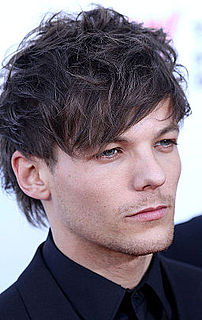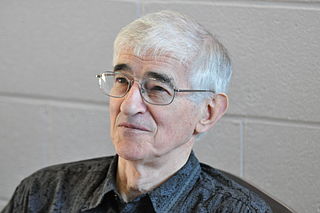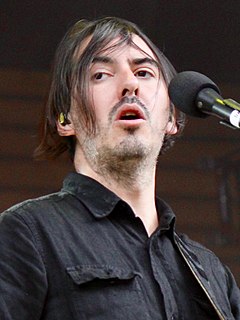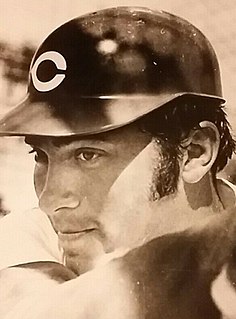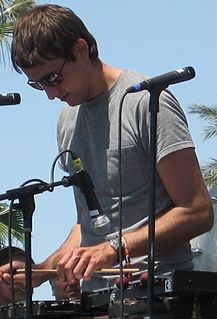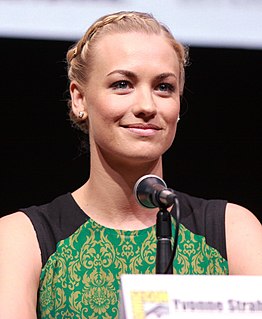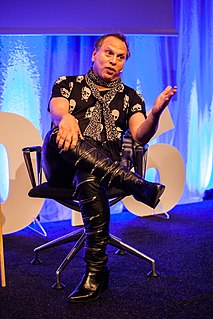A Quote by Jill Abramson
I think a lot about something: Abe Rosenthal was once asked what he wanted on his headstone, and he said he wanted it just to say, 'He kept the paper straight.' And I think about that a lot.
Related Quotes
Katherine Johnson never complained, it just was what it was. She just said, "I just wanted to go to work and do my numbers." And she stopped right there. I think about that as a Black woman in Hollywood when I'm asked about diversity. I hate when people say diversity because the first thing you jump to is Black and white. When you talk about diversity, you're talking about women being hired in front of and behind the camera. You are talking about people with disabilities, the LGBTQ community...so I hate when people think about diversity.
Jesus told parables. When he wanted to say something really profound about God, he went into parable. I don't find it surprising then that when earliest Christianity wanted to say something profound about Jesus, they went into parable too. That doesn't mean everything is a parable. When it says Jesus was in Nazareth I don't think that's a parable, I think Jesus was in Nazareth. When it talks about Jesus walking on the water, I don't think that's the point at all, I think the point is that the church without Jesus sinks.
I just went into the studio and did it all in one take. All I was thinking about was the next record; I had already sourced the tracks I wanted to use. I'd been thinking a lot about it and I wanted to represent myself, Leeds and fabric. I'm not very nationalistic, but I wanted to represent what was coming out of Britain as well as at the moment there's a lot of really good new music.
It was time to expect more of myself. Yet as I thought about happiness, I kept running up against paradoxes. I wanted to change myself but accept myself. I wanted to take myself less seriously -- and also more seriously. I wanted to use my time well, but I also wanted to wander, to play, to read at whim. I wanted to think about myself so I could forget myself. I was always on the edge of agitation; I wanted to let go of envy and anxiety about the future, yet keep my energy and ambition.
I was with my mum in the shops, a ladies boutique or something, and I was asked what I wanted to be when I grow up. I think you're supposed to say an ambulance man or a footballer or a soldier or something like that, and I told all my mother's friends that I wanted to be Minister for Health. She was mortified, needless to say.
There are too many false things in the world, and I don't want to be a part of them. If you say what you think, you're called cocky or conceited. But if you have an objective in life, you shouldn't be afraid to stand up and say it. In the second grade, they asked us what we wanted to be. I said I wanted to be a ball player and they laughed. In the eighth grade, they asked the same question, and I said a ball player and they laughed a little more. By the eleventh grade, no one was laughing.
I remember being at Greenblatt's on Sunset, and some guy just walked straight up to me, and he had some bling on and whatever, and said something about a party down in Malibu and asked if I would jump in his car and go to the party. All I could think was, 'Who are you? I don't know you, and I don't care about how good your car is.'
When I was twelve, I was interviewed by a doctoral candidate in education and asked what I wanted to be when I grew up. I said that I either wanted to be a philosopher or a clown, and I understood then, I think, that much depended on whether or not I found the world worth philosophizing about, and what the price of seriousness might be.

